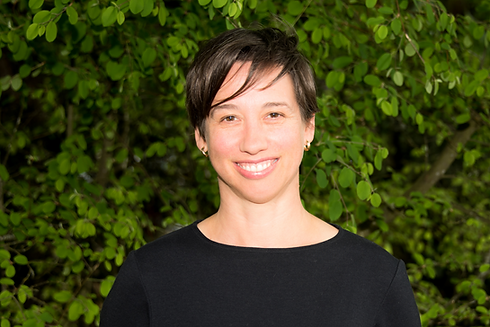
POST CONCUSSIVE THERAPY
Recovering from a Concussion? Still have pain, problems after 7-10 days?
Post Concussive Syndrome is a condition, where the following symptoms do not resolve on their own:
-
Vertigo - sensation of room spinning
-
Dizziness
-
Imbalance, unsteadiness
-
Reading difficulty or blurred vision with head movement
-
Headaches or migraines
-
Difficulty concentrating
Physical Therapy Can Help with Recovery from Concussion
Current medical research supports that patients can experience both a cortical and labyrinthine (inner ear balance system) concussion, as well as whiplash/neck symptoms and pain. Twenty-two possible symptoms post concussion have been identified by the 5th International Conference on Concussion. Headache is the most common complaint post concussion. Concussed patients may have BPPV (Benign Paroxysmal Positional Vertigo) with severe vertigo with positional changes or labyrinthine concussion symptoms, causing secondary vestibular issues and immediate disequilibrium. Vestibular orthopedic physical therapists at Connect PT can assess the vestibular and balance systems as well as the spinal contributing factors. Physical therapy helps patients understand what’s happening to them, helps provide exercises that can reduce pain and symptoms, assists with pain management and provides guidance in return to activity.


Andrea
Lairson
Our Specialist in
Concussion Recovery
Andrea is certified in Vestibular Rehabilitation and Concussion by The American Institute of Balance. In addition to her work in concussion and vestibular training, Andrea is an experienced orthopedic PT and Athletic Trainer of 23 years, working with a wide variety of bone and joint related issues.
What to Expect When Coming to Connect PT for Concussion Recovery:
-
Comprehensive evaluation
-
Recommendations regarding self care
-
Home Exercise Program
-
Manual Therapy
-
Return to Work/Activity Preparation
-
Guidance and support throughout your recovery
First 50-minute evaluation:
-
Detailed history, including nature of the concussion, symptom occurrence and severity, medical history
-
Spinal assessment: range of motion, strength and muscle trigger point activity
-
Vestibular assessment - visual testing
-
Postural stability/balance testing - evaluating the vestibular/postural muscle link
-
Depending upon evaluation treatment may begin on the first visit
-
Develop a plan of care and outline of treatment recommendations
Follow up visits include:
-
Manual therapy to resolve headache and neck pain
-
Vestibular rehab to resolve blurred vision with head movement
-
Postural stability and balance exercises
-
Ongoing assessment of severity of symptoms with graded exercise testing - Buffalo concussion Treadmill Test
-
Initiate return to sport with 5 stage protocol (for athletes)
-
Initiate return to work/activity/school
Final Visit:
Insure independence in self care
-
Home exercise plan including daily aerobic exercise
-
Self massage techniques for neck and headache symptoms
-
Balance training
-
In general, patients are seen 1 visit/week with patients doing exercises on own daily for up to 6-8 weeks.
